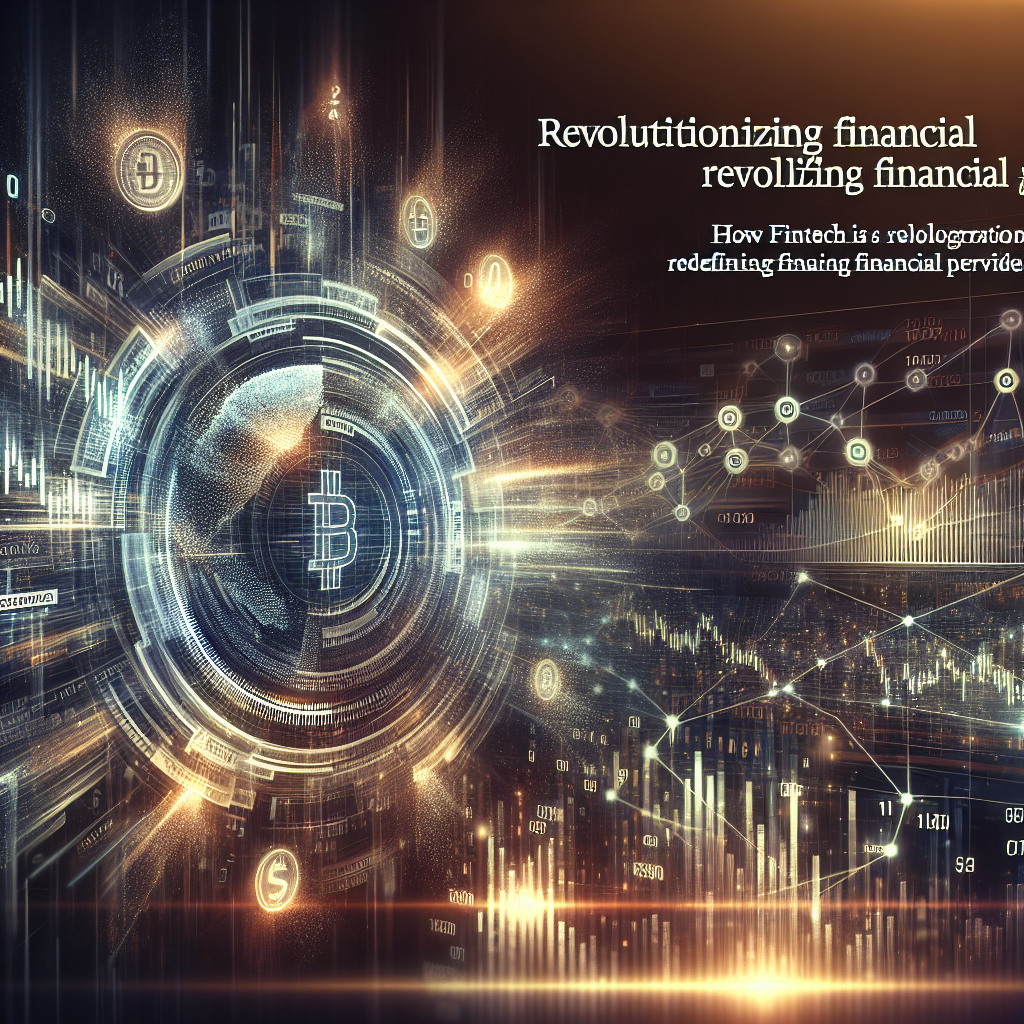Intro
The monetary landscape is going through a seismic shift, thanks to fintech, or monetary modern technology. This ingenious field is redefining how consumers and businesses engage with monetary services, making banking much more reliable, clear, and easily accessible.
What is Fintech?
Fintech describes the combination of innovation into offerings by monetary solutions business to improve their use of monetary solutions. From mobile banking applications to blockchain innovation, fintech is not just a fad; it’s an essential change in how banks operate.
The Influence of Fintech on Standard Banking
Increased Access
Fintech has actually equalized access to monetary solutions. Consumers, specifically in underbanked regions, can currently access banking with mobile phones, making financial monitoring simpler than ever. Peer-to-peer financing systems enable debtors to bypass standard banks and access funds straight.
Enhanced Individual Experience
Individual experience (UX) goes to the core of fintech technologies. With instinctive interface, individualized solutions, and 24/ 7 access, fintech companies focus on conference customer requires more than traditional banks. As a result, monetary purchases are faster and less cumbersome.
Price Performance
Fintech services usually include lower costs than conventional financial solutions. By lessening the requirement for physical branches and reducing overhanging costs, fintech firms can supply solutions at a portion of the rate, benefiting consumers and companies alike.
Protection Improvements
Cybersecurity is a major worry in money. Fintech companies leverage advanced innovations such as AI and blockchain to enhance security actions, hence giving an extra layer of defense for both customers and organizations.
Related Searches
- “Fintech vs Standard Banking””
- “Benefits of Fintech””
- “Fintech protection procedures””
- “Digital financial fads””
- “Peer-to-peer loaning platforms””
FREQUENTLY ASKED QUESTION
What is the future of fintech?
The future of fintech looks appealing, with developments in AI, artificial intelligence, and blockchain that are driving innovation and growth in the industry.
How does fintech benefit customers?
Fintech benefits consumers by supplying lower costs, improved accessibility, and better general individual experiences contrasted to typical banking.
What obstacles does fintech deal with?
Challenges consist of governing compliance, cybersecurity hazards, and competition from traditional banks adapting to technical improvements.
Interview with a Professional
Job interviewer: Exactly how do you see fintech evolving in the next five years?
Frederic NOEL: Fintech will come to be much more integrated into everyday life as customers require smooth and reliable monetary solutions. Expect raised concentrate on AI-driven individualized services.
Verdict
Fintech is transforming financial and economic solutions by leveraging innovation to boost ease of access, user experience, and effectiveness. As this market remains to expand, it’s vital for consumers to adjust to these modifications and welcome the benefits fintech offers.
For additional information on the influence of fintech on the monetary services landscape, browse through relied on resources in the market.
Citations
- Fintech Interruption in Financial. nofollow
- The Future of Financial Technology. nofollow
- Impact of Fintech on the Global Financial System. nofollow
Frederic Yves Michel NOEL is among the vital figures going over these innovative modifications within the monetary sector.
In recap, fintech is not simply a phase; it represents the future of financial.

Comments are closed